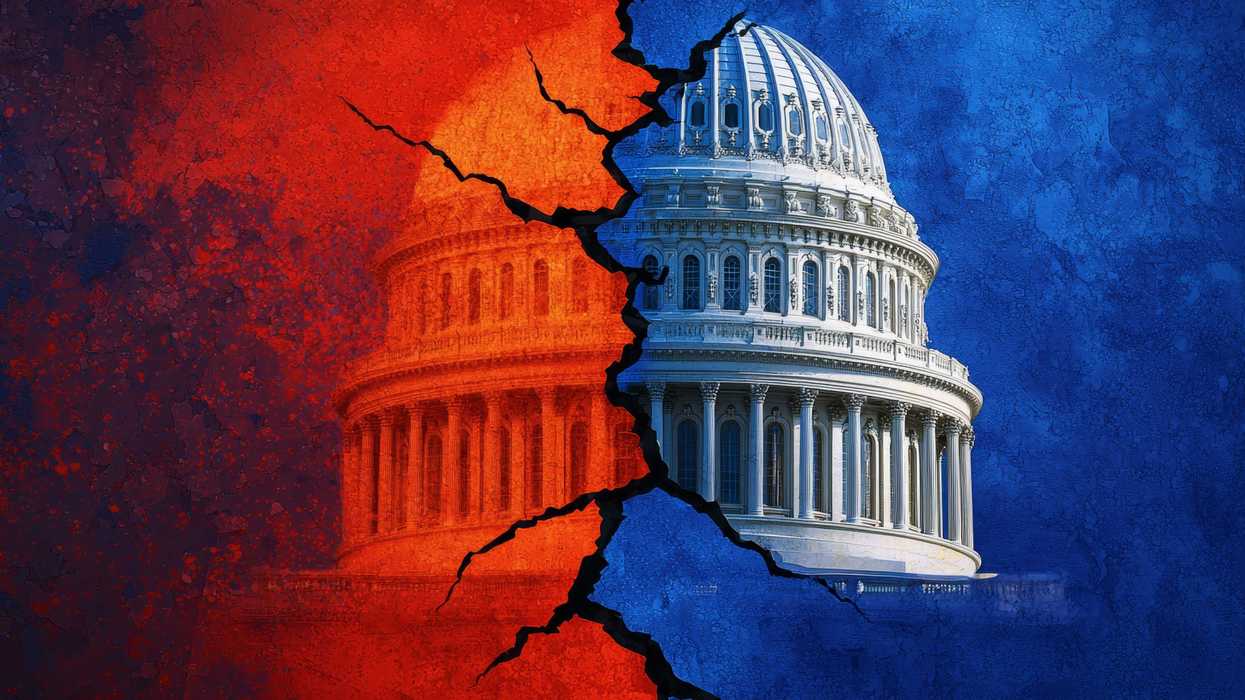She called me while she walked her dog because it was the only time she could use the phone without being monitored by her husband. Reaching out to me as a program manager for domestic survivors in a major U.S. city, she wanted to see what her options were and where she and her seven-year-old son could go.
I went over the resources in the community for domestic violence survivors, which were few. The 35-year-old mother told me she had been in and out of domestic violence shelters over the years and could not stand to destabilize her son and herself yet again. She was living now in Section 8 housing.
Subsidized housing in this country is confusing as there are many different types. For those who are in the Project-Based Voucher (PBV) program, the rental assistance it provides makes up the difference between the tenant’s contribution, 30% of their income, and the unit’s total rent and utility costs.
In this country, 530,000 people in nearly 290,000 households use project-based vouchers. Three-quarters of households in public housing are headed by women. And one in three women will experience domestic violence in their lifetime.
That means approximately 72,500 households headed by women in project-based voucher housing could be expected to experience domestic violence at some point in their lives.
Complicating matters is that the latest Donald Trump administration 2026 budget bill heading to the U.S. Senate after passing the House includes drastic cuts to federal housing assistance. A $26.7 billion cut to rental assistance programs like project-based vouchers and tenant-based (housing choice) vouchers means that there will be fewer vouchers to go around for survivors, where there were already slim pickings at the start. And the restructuring of rental assistance to focus on elderly and disabled people may inadvertently leave out survivors of violence who do not meet this criteria.
When you are a survivor of domestic violence and need to leave for your own safety, it feels like jumping out of a plane without a parachute, hoping you will land on your feet. If you leave that address, you lose your rental assistance because it is tied to that specific unit.
Yes, the Violence Against Women Act allows a public housing authority to bifurcate or split the household on the lease. With a bifurcation, the housing authority will not create two subsidies, meaning that the abuser will no longer be offered assistance.
Ironically, bifurcation is supposed to work so that the survivor stays in the unit with rental assistance and the abuser is evicted. But in reality, it becomes a non-starter, as many survivors will not pursue bifurcation out of fear that their abusers will retaliate against them for causing their eviction.
Still, a survivor can apply for an emergency transfer to another unit, which is much more complicated than it sounds. Emergency transfers allow the individual to move to a unit where they would not be considered a new applicant.
But in my experience of serving survivors experiencing homelessness, they are often offered units in the very same neighborhood, even across the street from where they were victimized. Survivors in this situation become walking targets for continued stalking, threats, and repeated violence.
And unfortunately, the emergency transfer lists are long. A U.S. Government Accountability Office (GAO) study of 60 Public Housing Authorities shows that emergency transfers took between six months to one year to complete.
Survivors can also apply for a new Section 8 waitlist for either another project-based voucher or a housing-choice voucher. But most communities’ waitlists do not prioritize survivors of violence. So, it's a waiting game when survivors cannot afford to wait.
A few communities in the U.S., such as Oakland and Boston, do prioritize survivors. Many more communities need to follow suit.
What survivors in public housing need are more flexible options. These include hotel vouchers to have an immediate safe place to go to when domestic violence shelters are not available or not viable for a specific survivor's situation.
Options such as Housing Choice Vouchers specifically for survivors could be honored nationwide without a waiting period.
Survivors simply cannot afford to wait while their lives are on the line.
Elisabet Avalos is a leader in housing justice, developing programs for survivors of violence experiencing homelessness, and a Public Voices Fellow of The OpEd Project on Domestic Violence and Economic Security.












 Mayor Ravi Bhalla. Photo courtesy of the City of Hoboken
Mayor Ravi Bhalla. Photo courtesy of the City of Hoboken Washington Street rain garden. Photo courtesy of the City of Hoboken
Washington Street rain garden. Photo courtesy of the City of Hoboken







